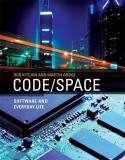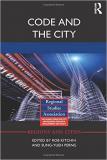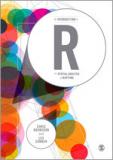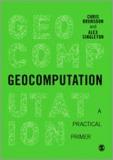
An analysis of the ways that software creates new spatialities in everyday life, from supermarket checkout lines to airline flight paths.After little more than half a century since its initial development, computer code is extensively and intimately woven into the fabric of our everyday lives. From the digital alarm clock that wakes us to the air traffic control system that guides our plane in for a landing, software is shaping our world: it creates new ways of undertaking tasks, speeds up and automates existing practices, transforms social and economic relations, and offers new forms of cultural activity, personal empowerment, and modes of play. In Code/Space, Rob Kitchin and Martin Dodge examine software from a spatial perspective, analyzing the dyadic relationship of software and space. The production of space, they argue, is increasingly dependent on code, and code is written to produce space. Examples of code/space include airport check-in areas, networked offices, and cafés that are transformed into workspaces by laptops and wireless access. Kitchin and Dodge argue that software, through its ability to do work in the world, transduces space. Then Kitchin and Dodge develop a set of conceptual tools for identifying and understanding the interrelationship of software, space, and everyday life, and illustrate their arguments with rich empirical material. And, finally, they issue a manifesto, calling for critical scholarship into the production and workings of code rather than simply the technologies it enables—a new kind of social science focused on explaining the social, economic, and spatial contours of software.
For further information please visit Code/Space

Software has become essential to the functioning of the cities. It is deeply embedded into the systems and infrastructure of the built environment and is entrenched in the management and governance of urban societies. Software-enabled technologies and services enhance the ways in which we understand and plan cities. It even has an effect on how we manage urban services and utilities. Code and City explores the extent and depth of the ways in which software mediates how people work, consume, communication, travel and play.
For further information please visit Code and the City

For more information please visit Publishers Website

This book provides a highly applied and practical discussion of visualisation and exploratory spatial data analysis, space time modelling, spatial algorithms, spatial regression and statistics and enabling interactions through the use of neogeography. For more information please visit Publishers Website

